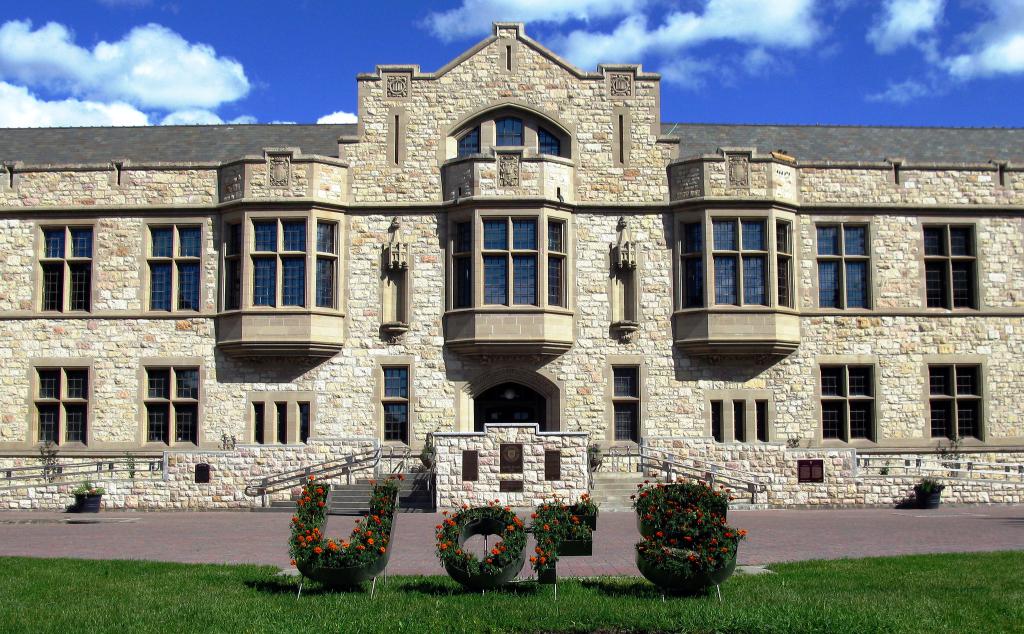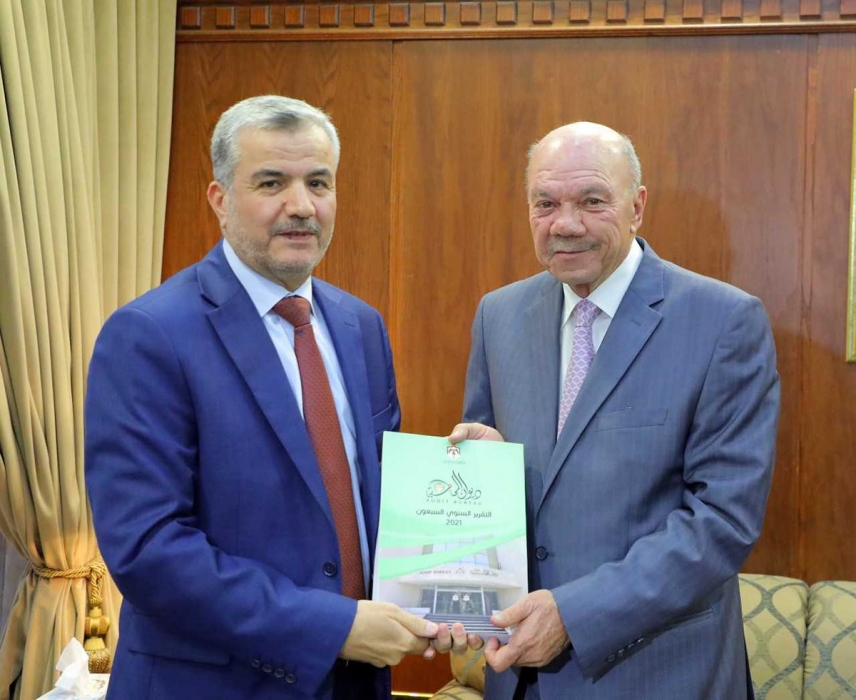Controversial Remarks During Federal Leader's Saskatchewan Visit: Public Response And Analysis

Table of Contents
The Controversial Remarks: A Detailed Examination
Specific Statement 1: Context, Analysis, and Potential Implications
During a press conference on [Date], Prime Minister Trudeau stated, "[Insert exact quote 1]". This remark, made in the context of [explain the context – e.g., a discussion about environmental policy and the energy sector], was immediately interpreted by many in Saskatchewan as [explain the interpretation – e.g., a criticism of the province's reliance on fossil fuels].
- Exact Quote: "[Insert exact quote 1]" (Source: [Link to news source])
- Contextual Analysis: The statement can be viewed as [explain various potential interpretations, considering different political viewpoints]. It potentially contradicts the federal government's stated commitment to [mention relevant policy].
- Potential Implications: This statement could damage the federal government's relationship with Saskatchewan by [explain potential negative impacts]. It also risks alienating [mention specific demographics or political groups] who strongly support [mention related policy or industry].
- Political Motivation: The remark might have been intended to [speculate on the political motivations behind the statement – e.g., appeal to a specific voter base, divert attention from another issue, or signal a shift in government policy].
Specific Statement 2: Public Perception and Media Coverage
Another controversial statement made by the Prime Minister was, "[Insert exact quote 2]". This comment, made during [context of the second statement], sparked immediate controversy due to its [explain nature of the controversy – e.g., perceived insensitivity, lack of understanding, etc.].
- Media Framing: Right-leaning media outlets framed the remarks as [explain their framing], while left-leaning outlets presented it as [explain their framing]. This demonstrates a clear partisan divide in interpreting the Prime Minister's words.
- Initial Public Reaction: Social media platforms were flooded with comments expressing [describe the range of public reactions – e.g., outrage, support, indifference]. News articles reflected this diversity of opinion, highlighting the [describe the dominant themes in early reporting]. Statements from provincial officials included [summarize official responses].
Public Response and Sentiment Analysis
Social Media Reactions and Online Discourse
The immediate aftermath saw a surge in online activity related to the Prime Minister's visit.
- Sentiment Analysis: A preliminary analysis of social media posts using [mention tool or method used for analysis, e.g., sentiment analysis software] suggests a predominantly [positive/negative/mixed] reaction to the remarks. Approximately [quantify data, e.g., 60%] of tweets contained negative sentiment, while [quantify data, e.g., 20%] expressed support.
- Prominent Narratives: The hashtags #[relevant hashtag 1] and #[relevant hashtag 2] became prominent, reflecting the key themes of the online discourse. These highlighted concerns about [explain the key concerns raised].
Traditional Media Coverage and Public Opinion Polls
Major news outlets, including [list prominent news outlets], covered the controversy extensively.
- Media Themes: The dominant themes in news coverage included [list key themes – e.g., federal-provincial relations, economic impacts, political polarization]. The framing varied significantly across different publications, reflecting different editorial stances.
- Public Opinion Polls: A recent poll by [mention polling organization] indicated that [state poll results – e.g., public approval of the Prime Minister dropped by X% in Saskatchewan following the controversial remarks]. This suggests a tangible negative impact on his popularity within the province.
Political Fallout and Potential Consequences
Impact on Federal-Provincial Relations
The controversial remarks have undoubtedly strained relations between the federal and provincial governments.
- Strained Relations: The incident could lead to [explain potential consequences – e.g., delays in collaborative projects, reduced cooperation on key policy initiatives]. Further communication breakdowns are highly possible without active efforts at reconciliation.
- Policy Implications: The controversy could impact future policy decisions, potentially leading to [explain specific policy implications – e.g., a reevaluation of federal environmental regulations, delays in energy projects].
Effect on the Federal Leader's Popularity and Electoral Prospects
The fallout from the controversial statements has clear implications for the Prime Minister’s political standing.
- Approval Ratings: As mentioned earlier, public opinion polls suggest a decline in the Prime Minister's approval ratings in Saskatchewan. The long-term impact on his national standing remains to be seen.
- Electoral Prospects: The controversy could affect the federal government's electoral prospects in Saskatchewan and potentially influence national voting patterns in the next federal election.
Conclusion: Understanding the Lasting Impact of Controversial Remarks
The controversial remarks made during the federal leader's Saskatchewan visit have sparked a significant public reaction, strained federal-provincial relations, and potentially impacted the Prime Minister's approval ratings. Understanding the nuances of public sentiment, the role of media framing, and the potential political consequences is crucial for analyzing this event and its implications for future political discourse. The key takeaway is the importance of carefully considering the potential ramifications of public statements, particularly those concerning sensitive topics with strong regional ties. What are your thoughts on the controversial remarks made during the federal leader's Saskatchewan visit? Share your analysis in the comments below!

Featured Posts
-
 Huuhkajat Saavat Vahvistusta Benjamin Kaellman Tuo Maalintekovoimaa
May 21, 2025
Huuhkajat Saavat Vahvistusta Benjamin Kaellman Tuo Maalintekovoimaa
May 21, 2025 -
 Tqryr Dywan Almhasbt 2022 2023 Alnwab Yetrfwn Bmkhalfat Malyt Khtyrt
May 21, 2025
Tqryr Dywan Almhasbt 2022 2023 Alnwab Yetrfwn Bmkhalfat Malyt Khtyrt
May 21, 2025 -
 Dennis Quaid Meg Ryan And James Caans Forgotten Western Neo Noir
May 21, 2025
Dennis Quaid Meg Ryan And James Caans Forgotten Western Neo Noir
May 21, 2025 -
 Mummy Pig Celebrates Gender Reveal At Historic London Landmark
May 21, 2025
Mummy Pig Celebrates Gender Reveal At Historic London Landmark
May 21, 2025 -
 Liverpools Klopp Era A Journey From Skepticism To Success
May 21, 2025
Liverpools Klopp Era A Journey From Skepticism To Success
May 21, 2025
